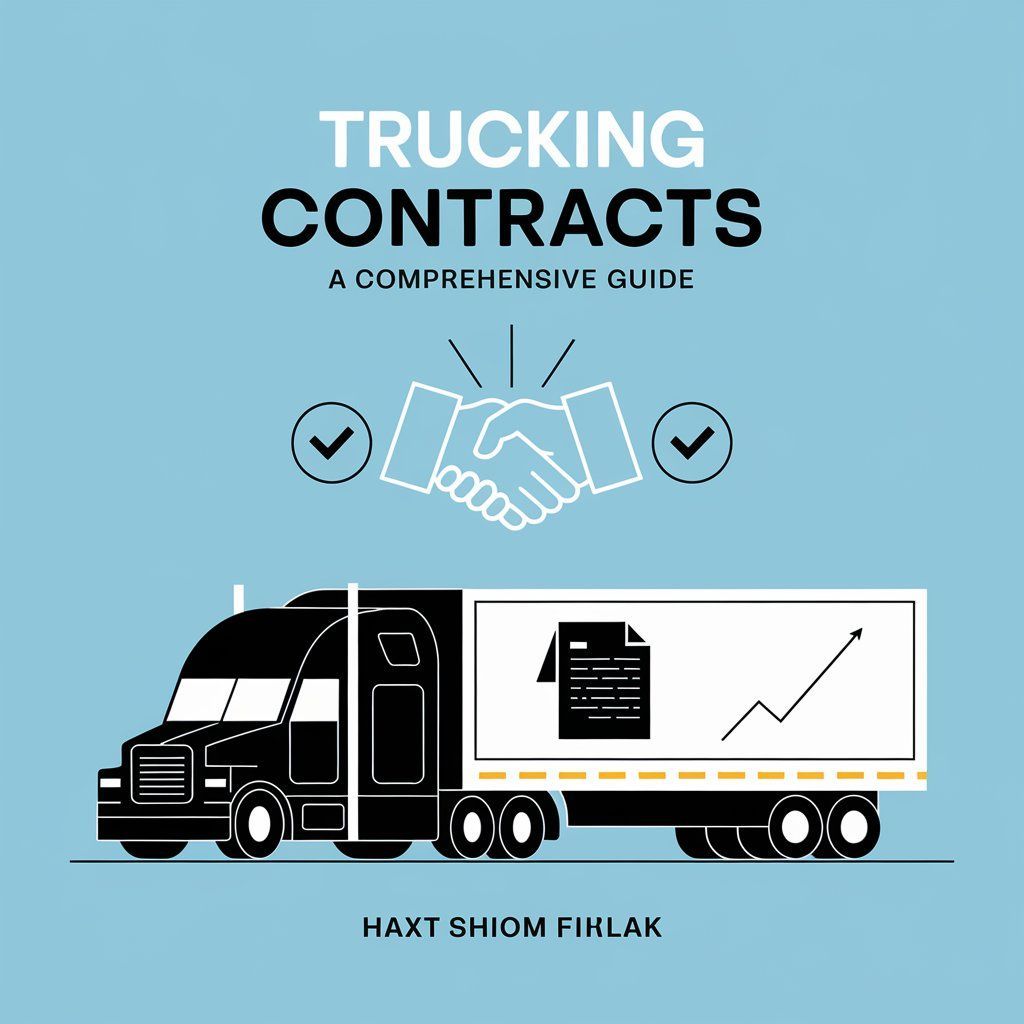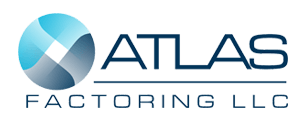Pros and Cons of the Flatbed Trucking Niche
Exploring the Opportunities and Challenges of Flatbed Trucking

Flatbed trucking is a specialized and demanding sector of the trucking industry, offering unique opportunities and challenges. For new trucking companies considering entering this niche, it's essential to understand both the advantages and potential drawbacks. This blog will delve into the pros and cons of flatbed trucking, helping you make an informed decision. Additionally, we'll explain how factoring with Atlas Factoring can support your business in this niche.
1. Higher Earnings Potential
Pro: One of the most significant advantages of flatbed trucking is the potential for higher earnings. Flatbed loads often require more skill and effort to secure and transport, which can justify higher rates compared to other types of freight. Drivers and companies willing to handle these complexities can enjoy a substantial income boost.
Con: The higher earnings come with increased responsibilities and risks. The need for proper load securing, adherence to safety protocols, and handling oversized or hazardous materials can add stress and require more time, potentially leading to longer working hours.
2. Variety of Loads
Pro: Flatbed trucking offers a diverse range of loads, from construction materials and machinery to oversized freight. This variety can keep the job interesting and challenging, as drivers and companies handle different types of cargo and routes.
Con: The diversity of loads means that drivers must be adept at managing various types of cargo, each with its own set of securing and handling requirements. This necessitates ongoing training and vigilance to ensure safety and compliance.
3. Physical Demands
Pro: Flatbed trucking can be physically rewarding for those who enjoy hands-on work. Securing loads with chains, tarps, and straps involves physical activity, which can be beneficial for those who prefer a job that keeps them active.
Con: The physical nature of the job can also be a drawback, particularly for those not accustomed to strenuous activity. The constant lifting, climbing, and securing of loads can lead to fatigue and potential injuries if not performed correctly.
4. Flexible Scheduling
Pro: Flatbed trucking can offer more flexible scheduling compared to other trucking niches. Many flatbed loads are tied to specific industries, such as construction, which often operate during daylight hours. This can result in more predictable schedules and less overnight driving.
Con: However, this flexibility can sometimes be limited by the need to meet tight delivery deadlines, especially for time-sensitive loads. Additionally, the scheduling can be unpredictable if the freight market fluctuates.
5. Increased Safety Requirements
Pro: The stringent safety protocols in flatbed trucking can be a positive aspect, ensuring that both drivers and cargo are protected. Adhering to these standards can enhance a company's reputation for reliability and safety.
Con: The increased safety requirements can also be a burden, requiring continuous education and strict adherence to regulations. Failure to comply can result in hefty fines and damage to the company’s reputation.
6. Equipment and Maintenance Costs
Pro: Investing in flatbed equipment, such as trailers and securing devices, can be a worthwhile investment. High-quality equipment ensures that loads are transported safely and efficiently, reducing the risk of damage and delays.
Con: The initial investment and ongoing maintenance costs for flatbed equipment can be significant. Companies must budget for these expenses and ensure regular maintenance to prevent costly breakdowns and ensure compliance with safety standards.
At Atlas Factoring, our extensive experience in the trucking industry enables us to address the unique challenges and opportunities in this trucking niche Our factoring services are designed to provide you with the financial stability and flexibility you need to thrive in this demanding sector. By factoring your invoices with Atlas Factoring, you can access immediate cash flow, allowing you to cover expenses such as equipment maintenance, training, and payroll without delay.
Apply with Atlas Factoring today and experience the benefits of improved cash flow, reduced administrative workload, and enhanced growth opportunities. Let us help you navigate the complexities of flatbed trucking and keep your business moving forward. Contact us now to learn more about our services and how we can support your business.











Share On: